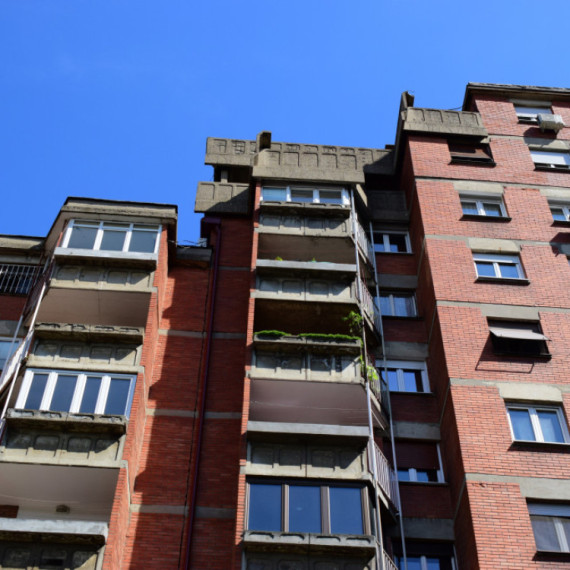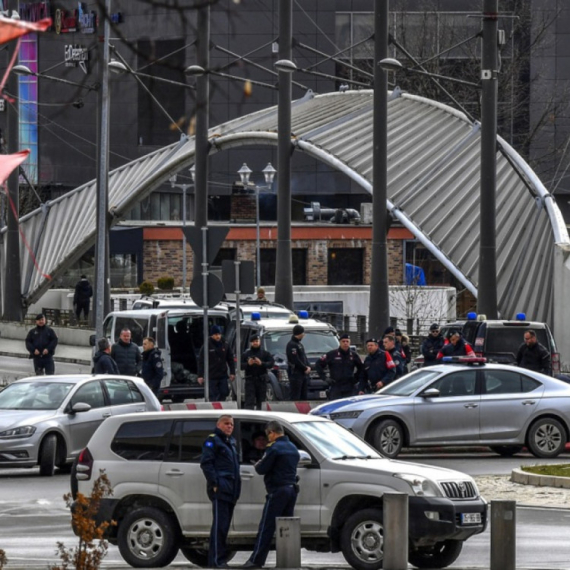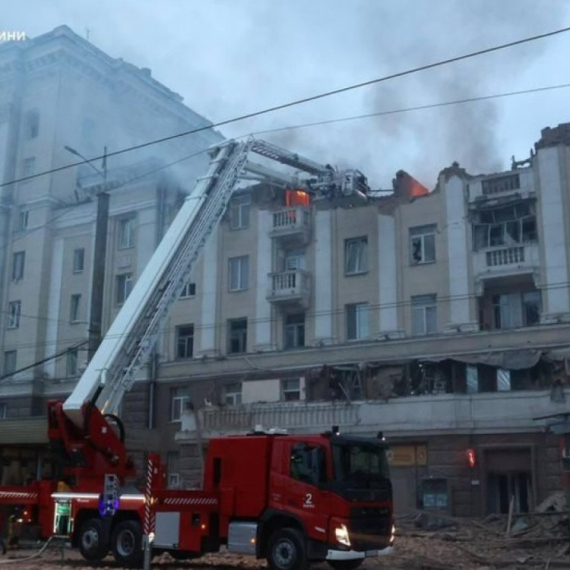“Roma migrations could affect EU enlargement process”
Migration of Roma from the Western Balkans to the EU could affect the enlargement process, European Commission Director for Western Balkans Pierre Mirel says.
Wednesday, 22.06.2011.
13:59

Migration of Roma from the Western Balkans to the EU could affect the enlargement process, European Commission Director for Western Balkans Pierre Mirel says. Roma National Council President Vitomir Mihajlovic said that Roma were the poorest and most uneducated ethnic minority in Serbia and that this needed to change. “Roma migrations could affect EU enlargement process” “Don’t give us the fish, teach us how to fish,” he told the EU and Serbian officials. Mirel assessed at a seminar on the Roma's social inclusion in Serbia on Wednesday that EU enlargement fatigue could happen if the citizens kept closely connecting migration and enlargement issues. He said that Serbia needed to take a series of measures in order to fully include Roma into society, primarily in education, so they would not leave the country. “You will have EU’s support in that,” Mirel stressed and added that Roma were discriminated in all European countries and that they were in worse position than majority population which was impermissible in the 21st century. He pointed that there were 6,000 Roma without IDs in Serbia and called on the government to address the issue as soon as possible. Serbian Deputy Prime Minister for European Integration Bozidar Djelic said he expected EU’s financial support so Serbia could improve Roma position and their quality of life, adding that it would show Serbia’s European character. He pointed out that Roma population in Serbia was facing big problems, that between 60 and 70 percent of them were unemployed, that their life expectancy was shorter and that they dropped out of school early. According to Djelic, the government has taken a series of measures aimed at tackling the problem and it will continue to implement so-called positive discrimination measures which will, among other things, allow 180 Roma students to enroll into university for free. He pointed out that it was also necessary to allocate more money for improvement of Roma position on a local level and that that implementation of the law on fiscal decentralization would enable just that. Belgrade Mayor Dragan Djilas stressed that Roma position in Serbia was poor but that actions were being taken in order to change that, primarily by enrolling more Roma children in school. He repeated that Roma families that had been moved from shanty towns were given 18 apartments and all necessary documents, adding that the lack of IDs was a huge problem for Roma in Serbia. The mayor pointed out that the city would continue to solve Roma problems but that not everybody could get an apartment “just because they live along the route of one bridge or another”. Bozidar Djelic and Pierre Mirel (Tanjug)
“Roma migrations could affect EU enlargement process”
“Don’t give us the fish, teach us how to fish,” he told the EU and Serbian officials.Mirel assessed at a seminar on the Roma's social inclusion in Serbia on Wednesday that EU enlargement fatigue could happen if the citizens kept closely connecting migration and enlargement issues.
He said that Serbia needed to take a series of measures in order to fully include Roma into society, primarily in education, so they would not leave the country.
“You will have EU’s support in that,” Mirel stressed and added that Roma were discriminated in all European countries and that they were in worse position than majority population which was impermissible in the 21st century.
He pointed that there were 6,000 Roma without IDs in Serbia and called on the government to address the issue as soon as possible.
Serbian Deputy Prime Minister for European Integration Božidar Đelić said he expected EU’s financial support so Serbia could improve Roma position and their quality of life, adding that it would show Serbia’s European character.
He pointed out that Roma population in Serbia was facing big problems, that between 60 and 70 percent of them were unemployed, that their life expectancy was shorter and that they dropped out of school early.
According to Đelić, the government has taken a series of measures aimed at tackling the problem and it will continue to implement so-called positive discrimination measures which will, among other things, allow 180 Roma students to enroll into university for free.
He pointed out that it was also necessary to allocate more money for improvement of Roma position on a local level and that that implementation of the law on fiscal decentralization would enable just that.
Belgrade Mayor Dragan Đilas stressed that Roma position in Serbia was poor but that actions were being taken in order to change that, primarily by enrolling more Roma children in school.
He repeated that Roma families that had been moved from shanty towns were given 18 apartments and all necessary documents, adding that the lack of IDs was a huge problem for Roma in Serbia.
The mayor pointed out that the city would continue to solve Roma problems but that not everybody could get an apartment “just because they live along the route of one bridge or another”.

























































Komentari 3
Pogledaj komentare